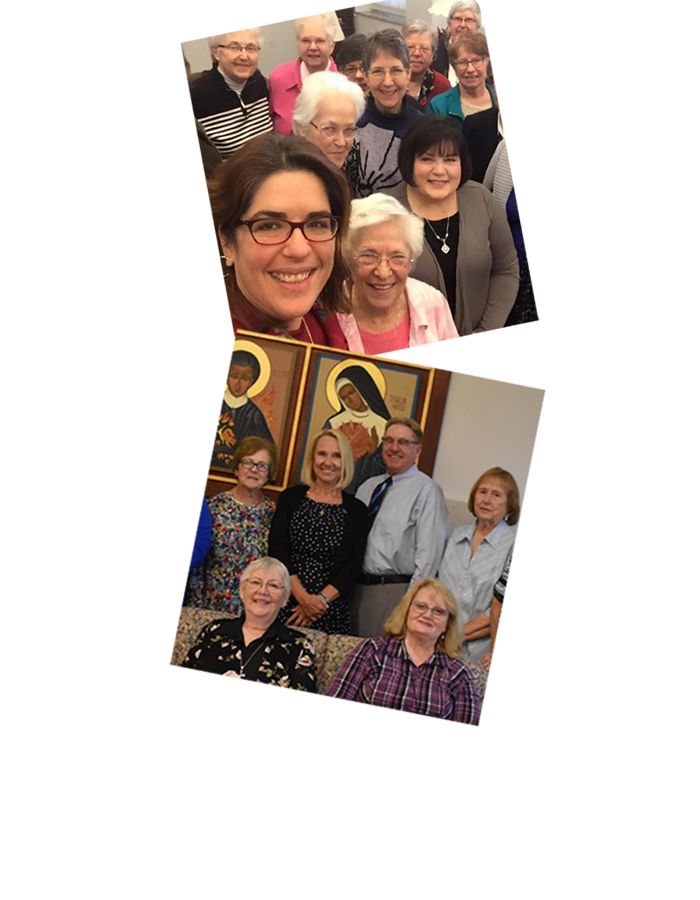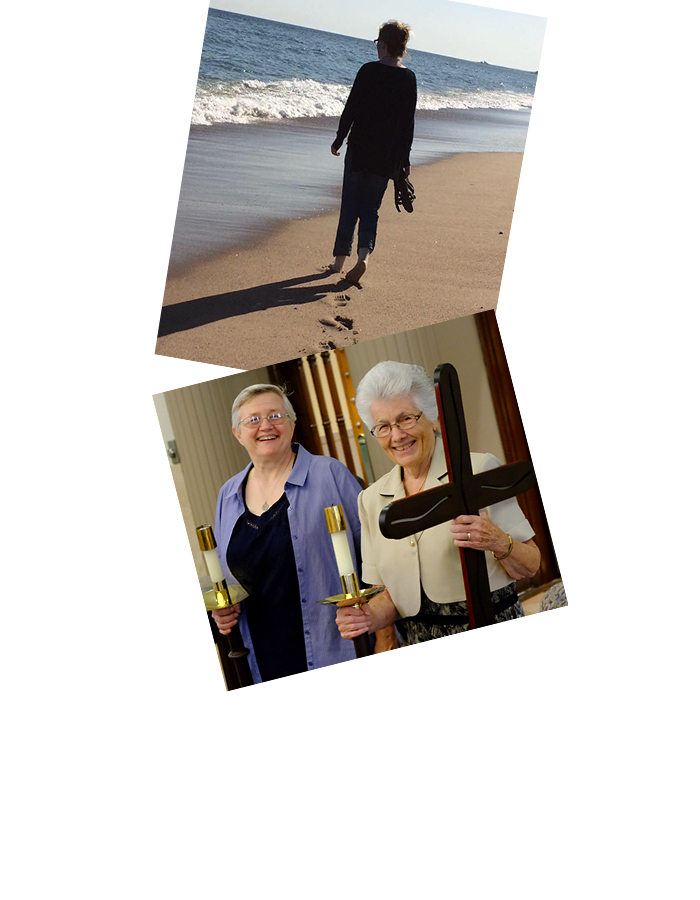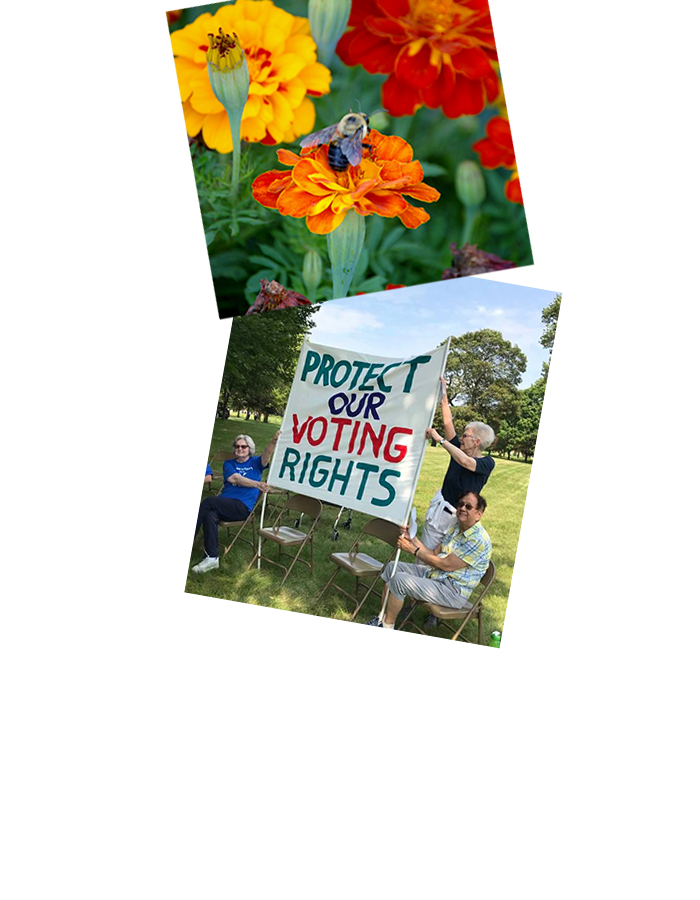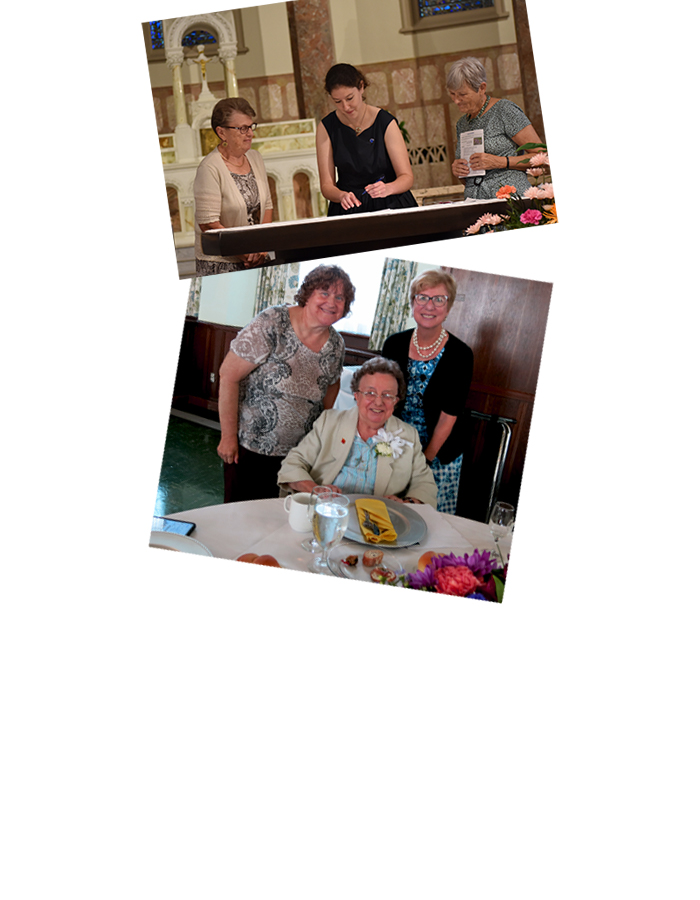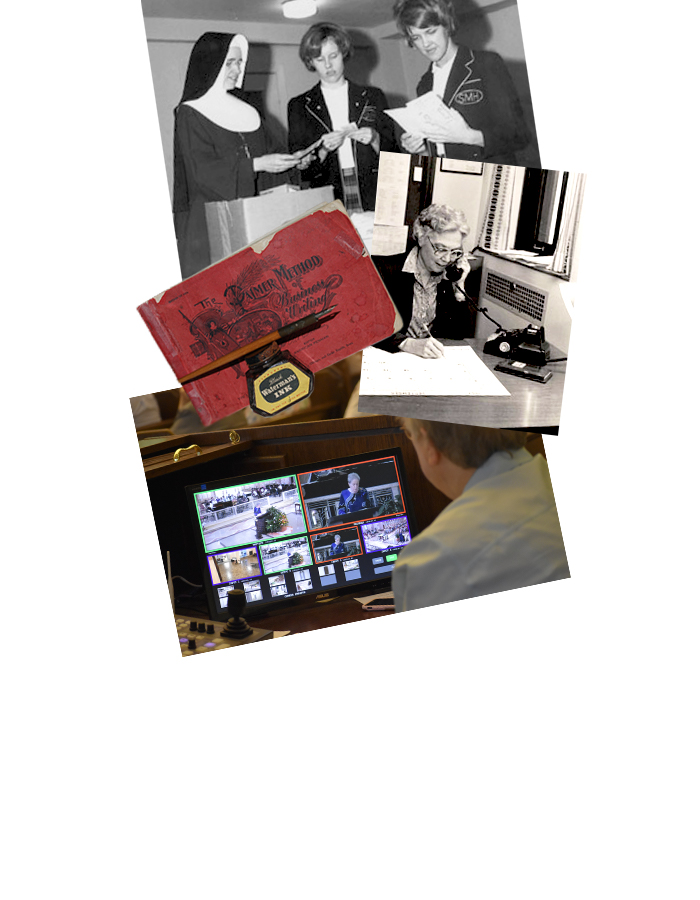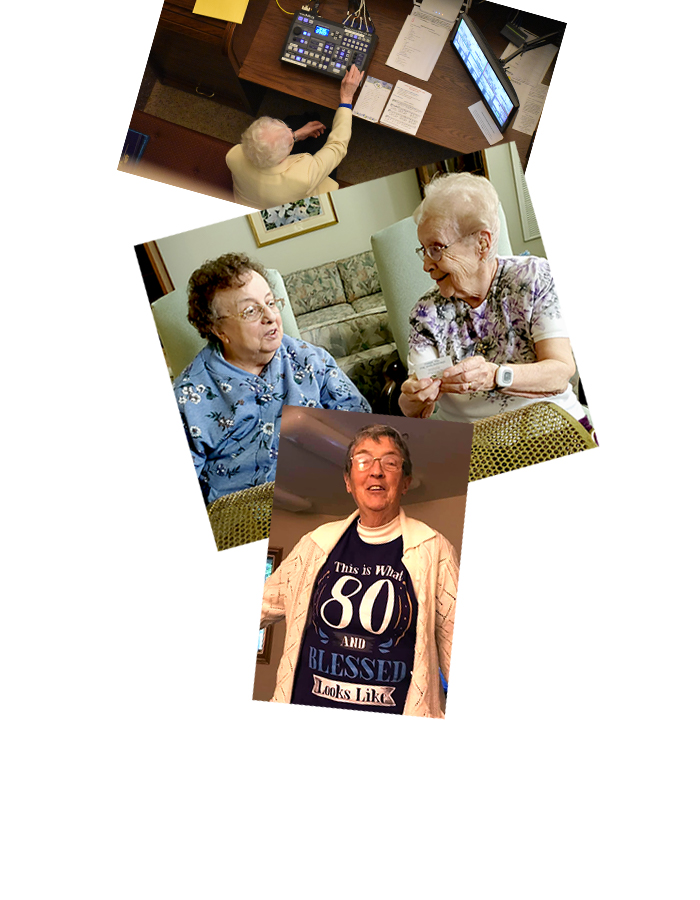
Click below for Justice, Peace and Sustainability Office’s weekly updates
“More people today recognize trafficking as a violation of human dignity,” she says. “But many cases are still hidden, and the numbers we see do not reflect the full reality.”
– Sister Abby Avelino, MM, and International Coordinator of Talitha Kum
Call to end human trafficking
Human trafficking is a hidden global crime that thrives in silence, exploitation and inequality.
Millions of men, women and children are coerced into forced labor, sexual exploitation and other forms of modern slavery.
This is not distant suffering; it is happening in our communities, across borders and increasingly through digital recruitment that camouflages itself as opportunity and hope.
Here in the United States, the Alliance to End Human Trafficking carries forward a mission shaped in part by Ann Oestreich, IHM, who helped found the organization. The Alliance educates communities, supports survivors through counseling and services and works for laws that protect the most vulnerable.
The Alliance to End Human Trafficking is the U.S. member of Talitha Kum, the International Network of Consecrated Life Against Human Trafficking, uniting more than 60 sister-led national and regional networks across nearly 90 countries in a shared mission to end human trafficking.
How you can act
- Learn and share – Explore resources and sign up for action alerts from the Alliance to End Human Trafficking to stay informed and amplify accurate information.
- Support survivors – Donate online or support survivor-made goods through organizations connected to the Alliance and Talitha Kum networks.
- Advocate for policy change – Contact your members of Congress and urge them to fully fund anti-trafficking prevention programs, protect services for survivors and address root causes like poverty, housing instability and immigration vulnerability.
Did you know?
Large international events such as the Super Bowl and the Olympic Games do not cause human trafficking, but research shows they can create conditions that traffickers exploit: increased travel, large crowds, temporary housing and heightened demand for commercial sex and cheap labor.
Anti-trafficking advocates and law enforcement acknowledge that trafficking itself is difficult to measure and often underreported. What is clear is that heightened vigilance during these events has led to more identification of victims and more opportunities for intervention.
Report suspected trafficking to the National Human Trafficking hotline (888-373-7888 or text 233733 “BeFree”).
You may find the IHM Justice, Peace and Sustainability Office’s web materials useful for your committee work, presentations, mission units, ministry and other educational purposes. Be sure to check out our regularly updated online resources HERE.
